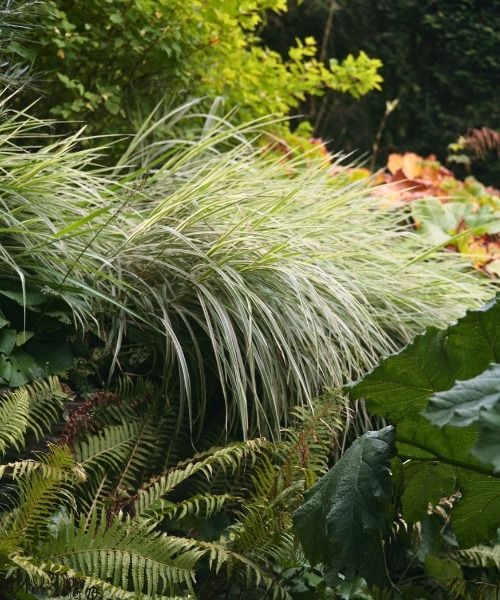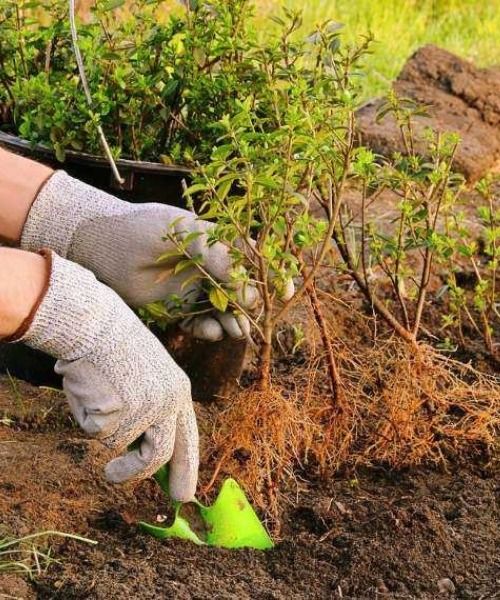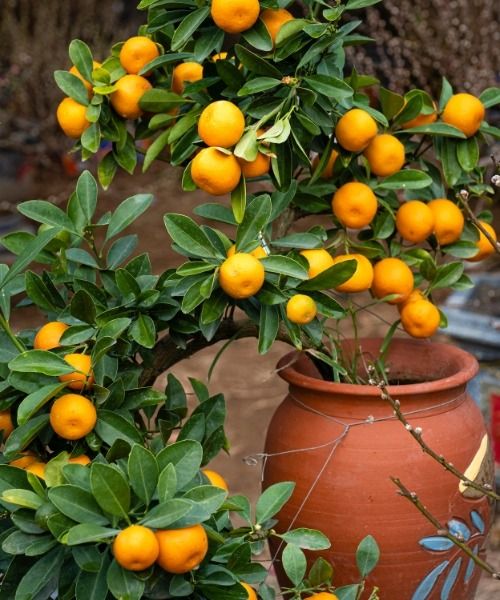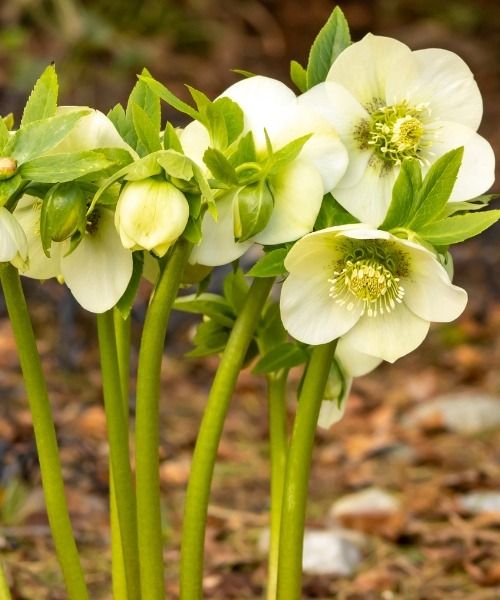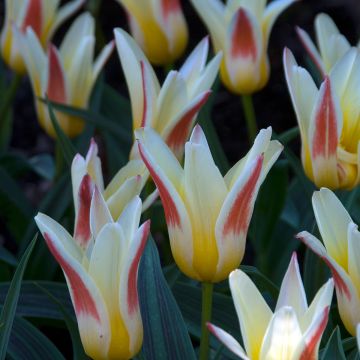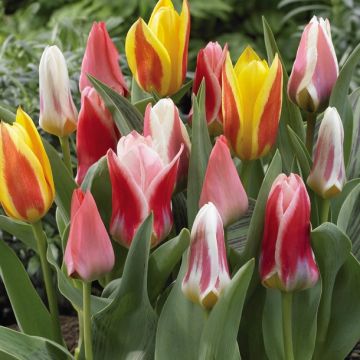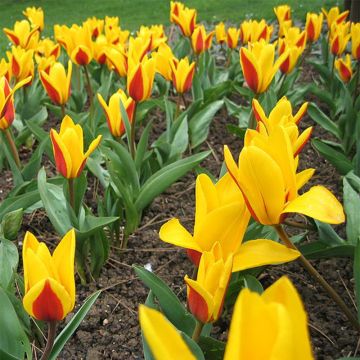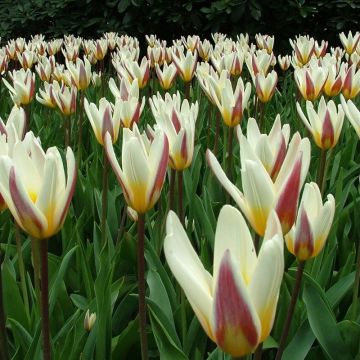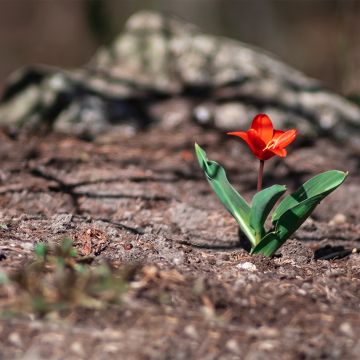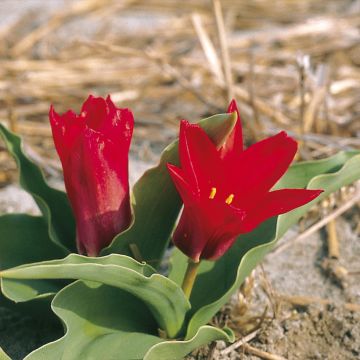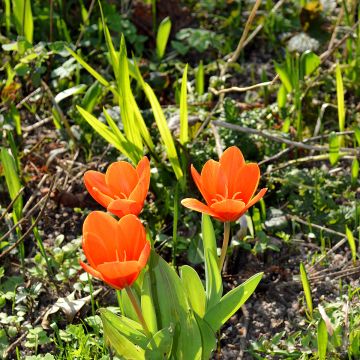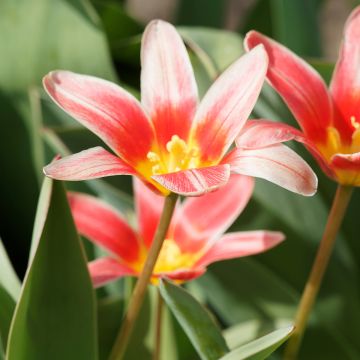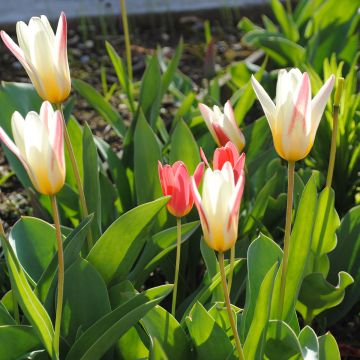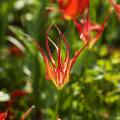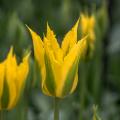Kaufmanniana Tulips
Would this plant suit my garden? Set up your Plantfit profile →
Available in 1 sizes
Available in 1 sizes
Available in 1 sizes
Available in 1 sizes
Available in 1 sizes
Available in 1 sizes
Available in 1 sizes
Available in 1 sizes
Available in 1 sizes
Available in 1 sizes
Available in 1 sizes
Available in 1 sizes
Originally from the mountains of Central Asia, Tulipa Kaufmanniana or Water Lily Tulip spreads in large carpets on the dry and rocky meadows of its native Turkestan. Bright carmine red on the outside, doubled with ivory on the inside, this species is a variety with many hybrids and cultivars with larger flowers and vibrant colors, including the 'Goudstuck' variety, intense golden yellow flamed with red, 'Giuseppe Verdi' with its interior all striated with golden yellow and bright red, or 'Heart's Delight', bright carmine and blush white.
The tulips in this group all come from the botanical species and resemble it very much. They bloom very early, well before the others, in February-March for the earliest ones, on stems not exceeding 25 cm (10in) in height. Their foliage is sometimes striated with brown or dark green, and forms a setting for the widely opened flowers, with pointed petals, whose shape more closely resembles that of a water lily than a tulip.
Kaufmanniana tulips are very hardy plants, which naturalise easily in the garden when the required conditions are met, in well-drained and light soil. They prefer cold and humid winters and dry summers. The bulbs of hybrid varieties will benefit from being dug up in the summer, stored in a dry place and replanted in the autumn.
Haven't found what you were looking for?






























